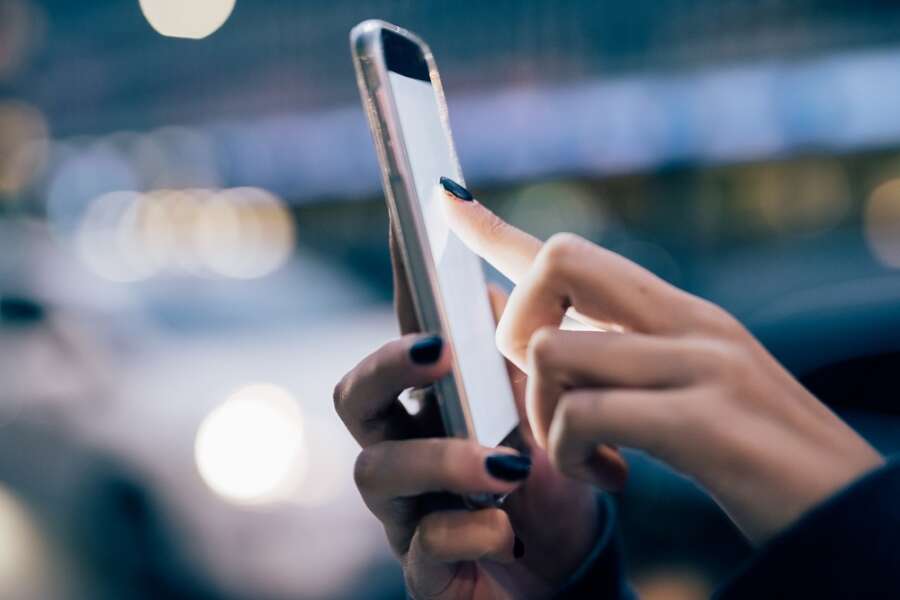
- Research from Aviva has found that 49% of UK adults want to spend less time at screens
- Just over one-third admit that excessive screen usage is affecting their sleep and energy
New research from Aviva has found that 49% of the UK are wanting to spend less time at screens. Advancements in technology mean that devices such as smartphones, laptops, tablets and TV’s have become part of everyday life for the majority of us, with 94% of UK adults using a screen for general use on a daily basis. In addition to general use, over one third of respondents say that the majority of their working hours are spent in front of a screen.
Excessive usage can lead to addiction, with one in five (19%) admitting to having a screen , however almost one third of 25–34-year-olds admit the same (31%). The main sources of screen addiction are as follows:
- Phone addiction – %
- Gaming addiction – 17%
- TV addiction – 17%
Almost half of respondents said excessive screen use is impacting their physical health (45%), two in five (39%) said it caused difficulties in terms of their mental health, and one third claim that excessive screen use has an impact on their sleep and energy levels. In terms of workplace health, of those who spend the majority of their working hours in front a screen, over half (59%) feel it has a negative impact on their motivation and/or ability to work and causes burnout. From this, the health implications of screen usage are evident and need to be controlled in the workplace to ensure the implications are not having a negative effect on wellbeing.
It’s important for screen-based employees to time spent in front of screens, both at work and at home, adopting habits to keep them motivated and limit the impacts on their wellbeing, allowing them to be at their best.
Debbie Bullock, Wellbeing Lead at Aviva, says “At Aviva we know the potential impact of prolonged screen use. That’s why we encourage colleagues to completely disconnect when they’re not working – taking breaks and putting their work devices out of sight and out of mind at the end of their working day.
If we master technology, and it serves us, it is beneficial. However, if technology becomes our master and we spend too long on screens, it can disrupt our ability to sleep enough, eat right, exercise, and spend time with the people that matter most.
We want employees to feel empowered to take control to support their wellbeing. To do this, they need information. Aviva is looking at ways we can help colleagues understand how they are spending their time, including screen time.”


